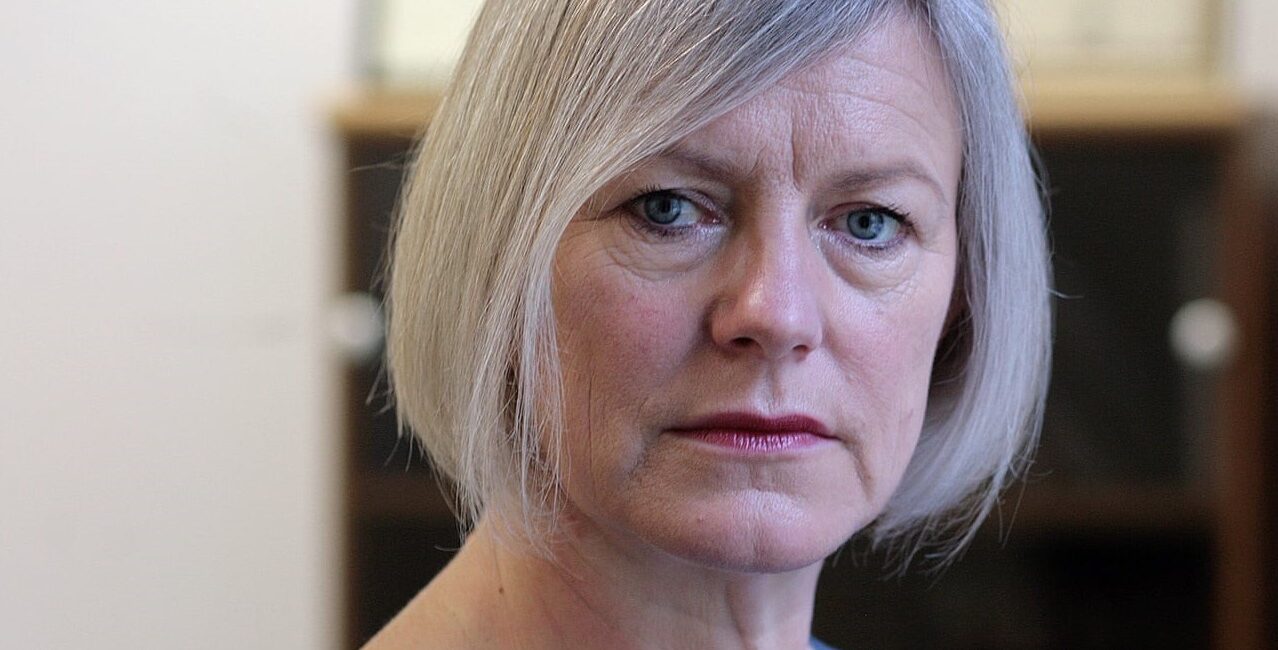This week (Monday 5 July 2021), the UK’s Independent Anti-Slavery Commissioner, Dame Sara Thornton, a Visiting Fellow of Cumberland Lodge, launched a national call for evidence, inviting practitioners, academics and policymakers to share promising practice in the field of responding to child exploitation and trafficking.
The call for evidence seeks to directly inform the Practitioner Responses to Child Trafficking: Emerging Good Practice conference we are jointly hosting with Dame Sara at Cumberland Lodge in Windsor Great Park, on 10-12 October 2021.
It is directed at people working on issues of domestic servitude, forced labour, sexual exploitation and criminal exploitation (including county lines).
The IASC is specifically seeking evidence on:
- Responses to the sources of harm to children (such as perpetrators of exploitation, contexts which exploitation occurs such as neighbourhood, group or educational environments, and structural drivers of harm including poverty and racism)
- Responses to support individuals, families and wider groups affected by harm (including trauma-informed practices, advocacy, guardianship, efforts at non-criminalisation, and the development of culturally competent responses)
Conference findings will be shared with stakeholders across the modern slavery and related sectors, to inform improvements in policy and practice.
Issue
Policymakers require a better understanding of the evidence practitioners have about what works, what looks promising, and how evidence is most effectively shared. This conference will bring together practitioners, policymakers and researchers from across the modern slavery sector and beyond to examine the role of practitioner evidence in responding to child exploitation and trafficking in the UK.
The conference will incorporate the views and expertise of survivors and explore how decisions to safeguard children from exploitation are made in the best interests of the child and can facilitate the voice of the child.
A small number of contributors to this call for evidence will be invited to present their evidence at the conference, either in person or virtually.
Call for evidence
For the purposes of this call for evidence, ‘evidence’ may include:
- Practitioner guides or toolkits, research and evaluations, and programmes
- Community and civil society materials, research and programmes
- Survivor-led and informed materials, research and programmes
- Academic and non-governmental organisation (NGO) research outputs and programmes
- Local safeguarding and multi-agency initiatives (including those at an early stage but demonstrating promising outcomes)
‘Promising practice’ is defined as any scheme or product which has been developed and implemented with respect to the two themes outlined (sources of harm and responses).
‘Practitioner’ includes individuals working in the fields of child exploitation and safeguarding or related fields (such as education, health, local authorities etc.); modern slavery First Responders, service providers and NGOs; and community and civil society organisations working with children and their families.
Please note that we also welcome evaluations of programmes or interventions that have had a negative impact (anonymously, if necessary).
Enquiries
All enquiries relating to this call for evidence should be directed to the IASC, by contacting Katherine Lawson (Research and Innovation Lead) at lawson@iasc.independent.gov.uk
Separate enquiries about taking part in the October conference at Cumberland Lodge that cannot be answered by reading the event description on the ‘What’s On’ page of this website should be directed to Emily Gow (Programme Officer) at egow@cumberlandlodge.ac.uk
How to share evidence
There are two options for sharing evidence:
- Online form – This can be anonymous if preferred. Please note however that attachments must be emailed separately
- Email – Please use the subject ‘Call for Evidence: Child trafficking’.
The deadline for this call for evidence is Monday 6 September 2021.

